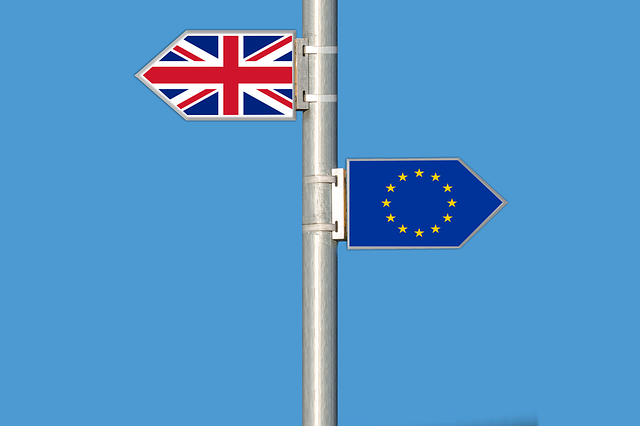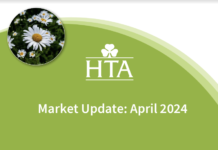Cian Hassett, Trade Market Executive, London Office, Bord Bia – The Irish Food Board
Bord Bia’s Supply Chain Optimisation Workshop:
Supply Chain Optimisation Workshop is set to take place on Tuesday 22nd October. This half-day workshop, with experts Simply Supply Chain, will address the key challenges facing companies, as highlighted in the Brexit Barometer 2019 findings. Participation is free of charge.
Bord Bia’s Customs Readiness Training:
Customs Readiness training continues: the next Dublin venue Friday 25th Oct 2019 – Friday 08th Nov 2019 09:00 – 14:00. The course will run over two half days. Participants must be available to attend all sessions in order to be accepted into this programme. Spaces are limited to 12 companies per course. Participation is free of charge.
Key News This Week
UK and EU Reach Agreement on Brexit Deal
British Prime Minister Boris Johnson and European Commission President Jean-Claude Juncker both announced Thursday morning that agreement had been reached between the UK and EU on a new withdrawal deal. While most of Theresa May’s original deal remains in place, the biggest change has come to the controversial backstop plan, which has now been replaced. Some of the key changes to the deal are outlined below:
Customs:
- The UK will leave the EU customs union meaning it can make trade deals with other countries.
- There will be a legal customs border between Northern Ireland and the Republic of Ireland but in practice, the customs border will be between Great Britain and the island of Ireland, with goods being checked at “points of entry” in Northern Ireland.
- Tariffs and Duty will not automatically need to be paid on goods entering Northern Ireland from the rest of the UK.
- Tariffs and Duty will have to be paid on goods “at-risk” of being transported onwards to the Republic – A joint UK & EU committee will decide what goods are considered “at-risk” on a later date.
Regulation on Goods:
- Northern Ireland will still adhere to the regulations of the EU single market, as opposed to that of the UK.
- This will remove any need for product standard or safety checks at the border between the Republic and North of Ireland, as both will be part of an “all-island regulatory zone”.
- Checks will still need to be carried out between the rest of the UK and Northern Ireland.
- Checks will be carried out by UK officials at points of entry to Northern Ireland, however, EU officials can also be present.
VAT:
- EU law on VAT will apply in Northern Ireland, but only on goods, not services.
- Northern Ireland could choose to have different VAT rates to the rest of the UK, something previously not allowed under EU law. This could lead to VAT rates on certain goods being the same both North and South of the border.
While there have been significant changes to allow this agreement to be reached, much of the original Brexit deal proposed by Theresa May will remain the same. These include:
- Transition Period.
- Citizens’ rights for UK citizens in the EU and vice versa.
- The UK will still be obliged to settle financial obligations to the EU, an estimated £33bn.
While it is an encouraging sign that there has been an agreement reached, the deal still must be approved across the EU and, more importantly, the UK Parliament. The PM will need 320 votes needed for a House of Commons majority. Northern Ireland’s Democratic Unionist Party are fiercely against propositions for the backstop in this deal – and the party remains a key source of votes needed to get a deal done.
If the deal is voted down in the U.K. parliament this Saturday 19/10/19, the PM would likely have to seek another extension to negotiations under the terms of the Benn Act, a new law designed to prevent a no-deal Brexit. This extension may be until 31 January 2020. The EU could refuse to give the U.K. more time, which would leave MPs with the choice of backing the PM’s deal or leaving without a deal.
Upcoming UK Brexit Events which Bord Bia will be attending
18th October – Wine & Spirits Trade Association Seminar in London
24th October – IGD Brexit Update Webinar
25th October – FDF Workshop: Brexit Readiness – Deal or No Deal in London
Looking ahead:
19th October: Parliament votes on the new deal.
21st – 22nd October: MPs vote on Queen’s speech.
23rd October: Possible date for a Commons vote calling for an election under the Fixed-Term Parliaments act. If the two-thirds vote for an election, the most likely date for an election is December 5th.
31st October Legal default for the UK to leave the EU.
1st November New European Commission starts its term in office.
May 2020: This will be the last day the UK will get to leave the EU as the new EU budget round comes in.








